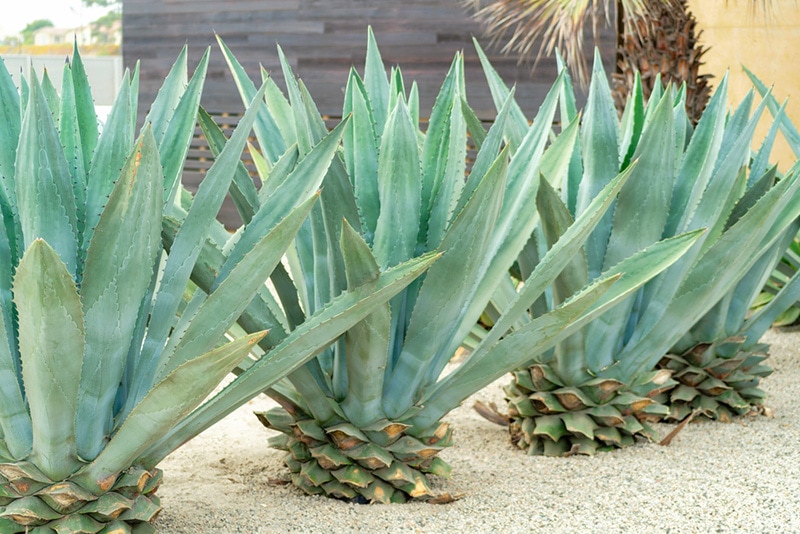If your dog is like most, they are not discerning when it comes to what they eat. They may not go after those pieces of lettuce that you accidentally drop on the kitchen floor while making a salad, but they will rush to get their paws on a piece of rogue Pop-Tart. The problem is that not everything we eat is good for dogs to eat too.
Unlike us, dogs can’t make educated decisions about what foods they consume; it’s our job to do it for them. Most Pop-Tarts are not toxic to dogs, but they’re not healthy either and don’t offer any nutritional benefits. There are, however, certain flavors that contain the sweetener Xylitol which is toxic to dogs. Therefore, you should not feed Pop-Tarts to a dog, even as a treat.
Why Your Dog Shouldn’t Eat Pop-Tarts
There are multiple reasons that your dog should not eat Pop-Tarts. First, many of them contain chocolate, which is toxic to dogs1. If your dog eats enough chocolate Pop-Tarts, it could result in toxicity problems and clinical signs like vomiting, diarrhea, panting, restlessness, and an elevated heart rate. The toxicity in chocolate is due to a chemical in it called theobromine, which is similar to caffeine in how it works in the body.
Small dogs are more susceptible to chocolate toxicity from a Pop-Tart because they don’t need as much chocolate as big dogs to become affected by it.

 Other 3 Reasons Pop-Tarts Should Be Avoided in Dogs
Other 3 Reasons Pop-Tarts Should Be Avoided in Dogs
1. Artificial Ingredients
Ingredients that have been artificially produced are added to Pop-Tarts in order to make them taste better, as they tend to lose flavor during processing, and to make them shelf stable for long periods. Unfortunately, these artificial ingredients do not offer any nutritional benefits to dogs.
2. Added Sugars
According to the Environmental Working Group, Pop-Tarts are 43% sugar by weight1. Sugar is not ideal for dogs because it can result in problems like an upset stomach and changes in metabolism, and in large amounts over a long period of time, it can lead to diabetes, obesity, and even heart disease2. Also, some Pop-Tarts contain an artificial sugar called xylitol, which is dangerous for dogs. It stimulates their pancreas to release large amounts of insulin, which is something that does not happen in humans. The rapid release of insulin from a dog’s pancreas can result in severe hypoglycemia in less than an hour3.
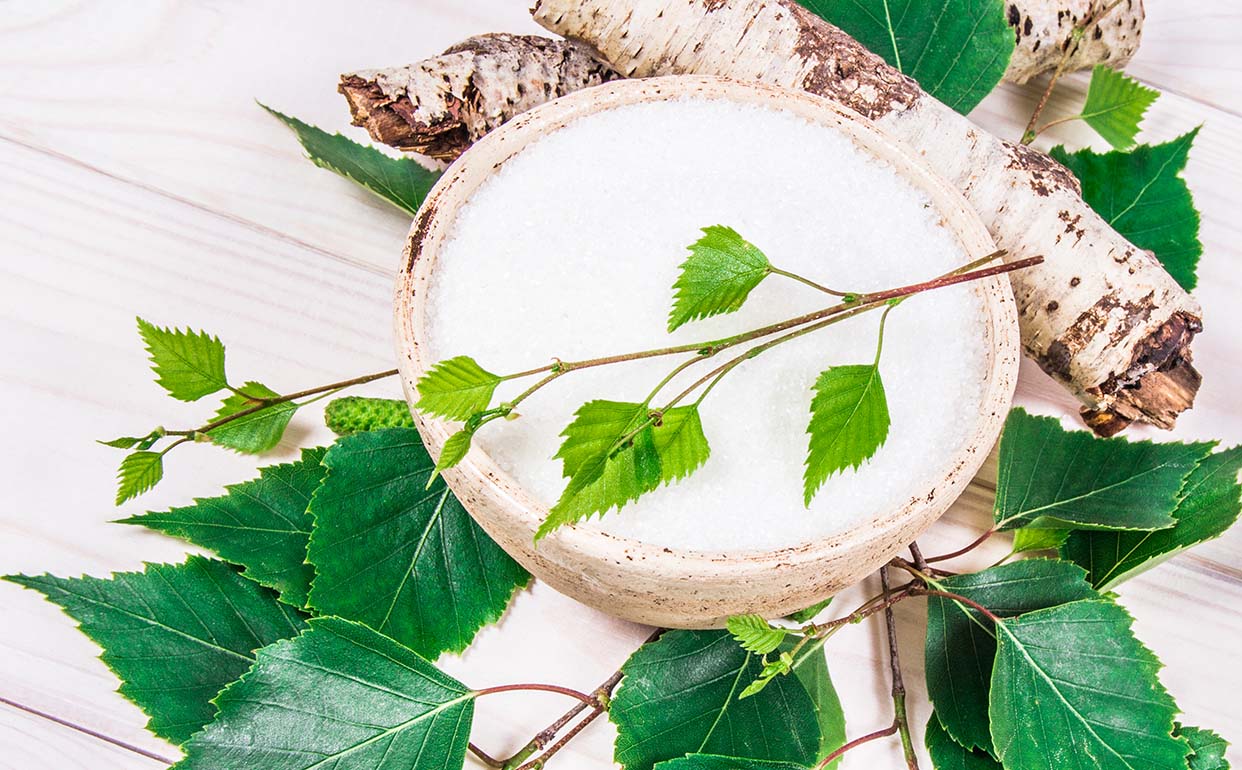
3. TBHQ
This is an additive found in foods like Pop-Tarts that expands the shelf life of such products so they can sit in stores longer before being sold. Unfortunately, a study published in 2021 shows that TBHQ may negatively affect the immune system4. That said, the study mainly involved mice, so more research needs to be done to see how it affects dogs and humans.
Regardless, Pop-Tarts don’t offer any health benefits to dogs. Even the included grains, which could be a healthy part of a dog’s diet, are highly processed, which means some of the nutritional value has been lost. Pop-Tarts should simply be left out of your dog’s diet altogether.
 What to Do If Your Dog Eats a Pop-Tart
What to Do If Your Dog Eats a Pop-Tart
What you should do if you catch your dog eating a Pop-Tart depends on a few things. First, does the Pop-Tart have cocoa or xylitol in the ingredients list? If so, a veterinarian should be consulted immediately, even if no signs have yet been displayed. If your dog seems distressed, head to an emergency vet clinic right away.
If your pet eats a Pop-Tart without these two particularly dangerous ingredients in it, there is probably nothing to worry about. Make sure they have access to plenty of clean water, and delay their next meal so they don’t end up with an upset stomach. If they do show signs of distress, such as vomiting or diarrhea, contact your veterinarian.
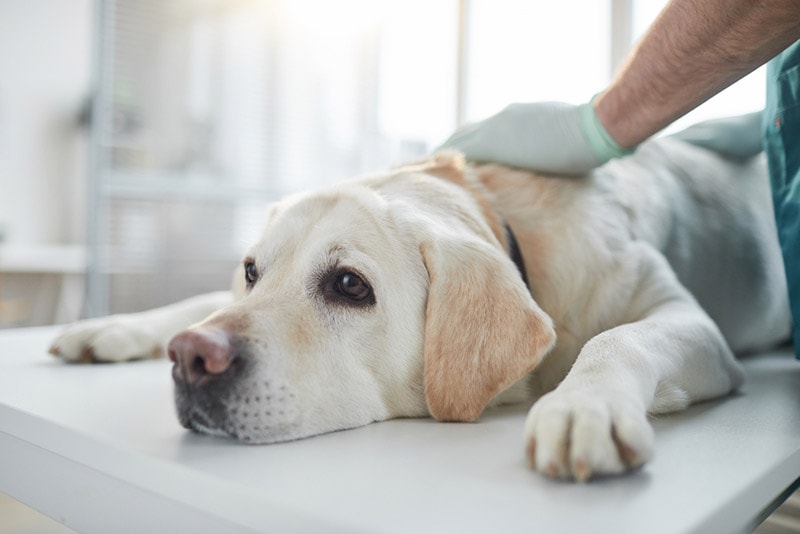
Can Dogs Eat Any Sweet Treats?
Although dogs should not eat Pop-Tarts as treats or snacks, they can enjoy other types of sweet treats on occasion. Keep in mind that none of them should be a main part of their diet.
Here are a few options to consider:
- Blueberries
- Bananas
- Watermelon
- Apple Sauces
- Homemade applesauce (no added sugar)
- Homemade dog-friendly peanut butter cookies (no xylitol)
- Baked carrots (until naturally caramelized)
- Baked or mashed sweet potatoes (no seasonings)
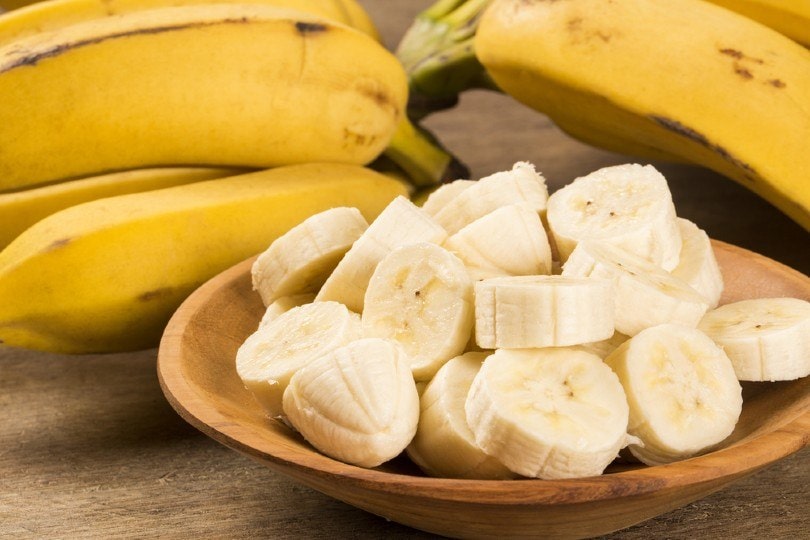
 In Conclusion
In Conclusion
It is not a good idea to feed Pop-Tarts to your dog for various reasons. However, if they happen to get their paws on a small piece, there is no need to panic. If they eat an entire Pop-Tart, call your veterinarian right away if you are concerned, especially if it contains cocoa or xylitol. Hopefully, you can satisfy your dog’s sweet tooth with other, healthier snack options!
Related Read:
Featured Image Credit: Brent Hofacker, Shutterstock

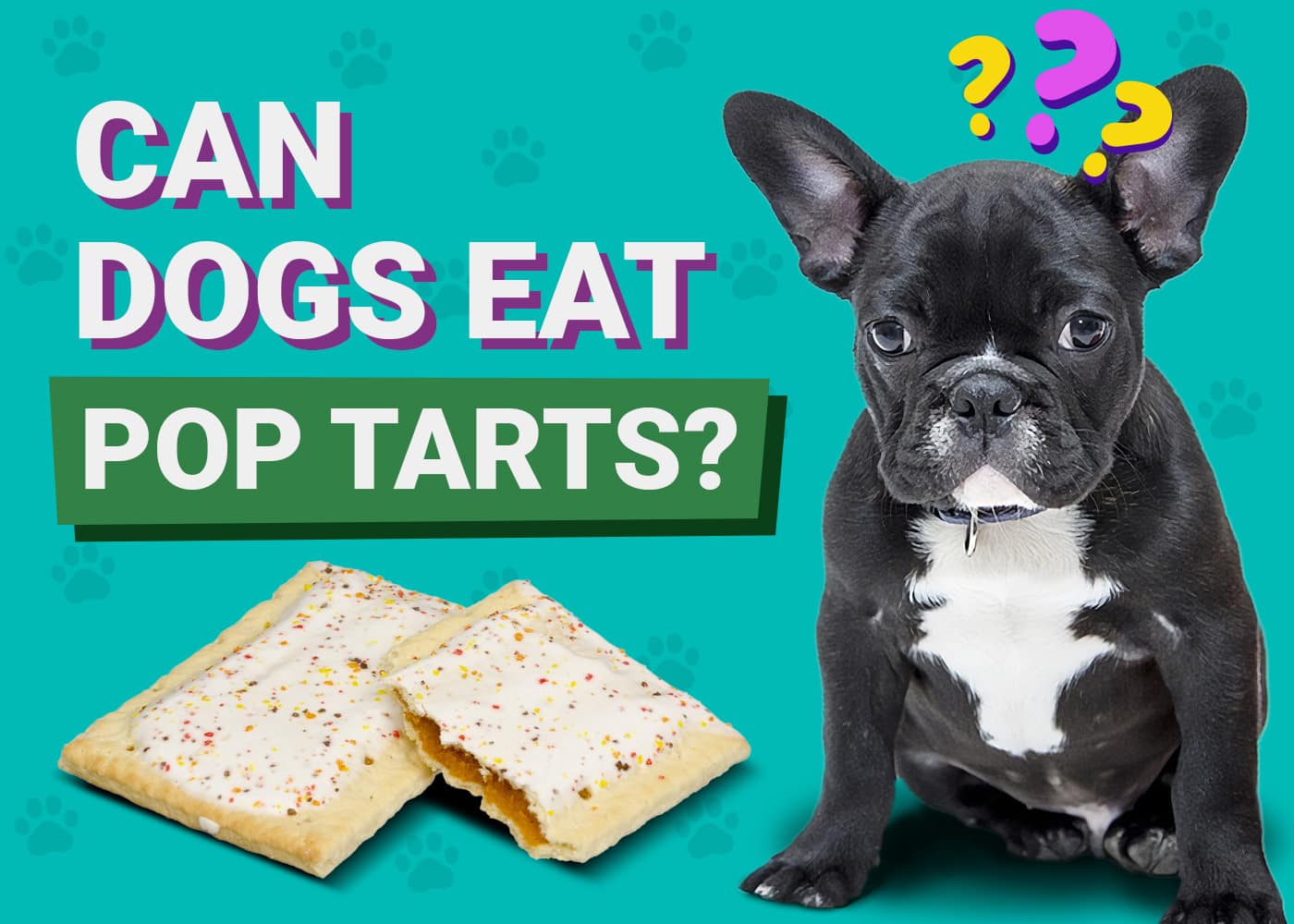
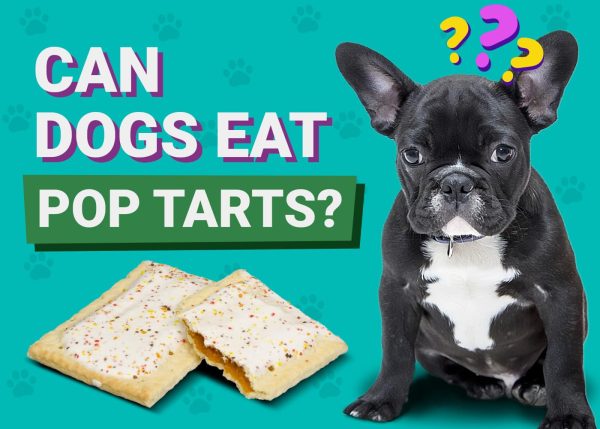

 Other 3 Reasons Pop-Tarts Should Be Avoided in Dogs
Other 3 Reasons Pop-Tarts Should Be Avoided in Dogs

